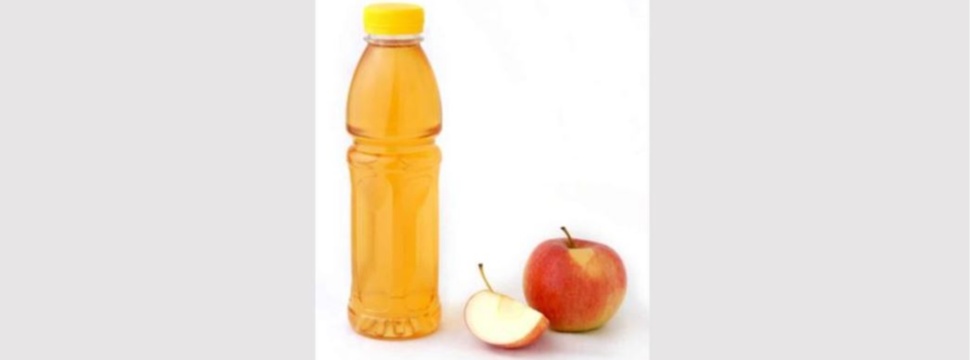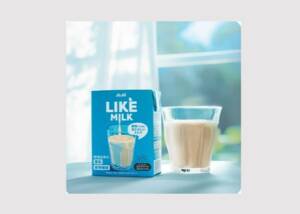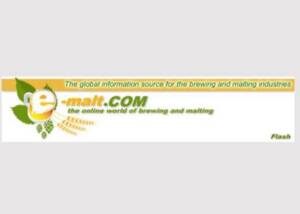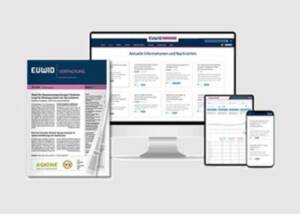IK - Strengthened bottle cycle: Forum PET takes a positive view of the extended deposit obligation
News General news
End of the deposit exemptions in sight: In May 2021, the Bundestag and Council passed the long-awaited amendment to the Packaging Act. From January 1, 2022, additional plastic non-returnable beverage bottles and beverage cans will be subject to a deposit of 25 cents.

From this point on, the previously exempted fruit and vegetable juices as well as nectars in this packaging are also subject to a deposit - a change that both the Forum PET in the IK Industrievereinigung Kunststoffverpackungen eV (IK) and the Association of the German Fruit Juice Industry e. V. advocate.
For beer, mineral water and soft drinks in PET bottles, a deposit has been in place for a long time. This is followed by fruit and vegetable juices as well as nectars and alcoholic beverages. Beverages containing milk will be included in the deposit system in 2024. All non-returnable bottles are taken back in the same machine.
"In the past, consumers could not understand that the apple juice spritzer was subject to a deposit, but the apple juice was not," says Isabell Schmidt, IK managing director of the recycling industry. The extension of the deposit obligation to all types of beverages will not only make the system more understandable for consumers - the obligation is also a clear commitment to strengthening the bottle-to-bottle cycle. “The German deposit system for PET non-returnable beverage bottles enables high collection rates and high-quality recycling in closed material cycles. It also effectively reduces careless throwing away and thus contributes to environmental protection, ”explains Schmidt.
A study by the Society for Packaging Market Research (GVM) from 2020 confirms these statements: In 2019, the recycling rate for one-way PET beverage bottles on a deposit was 97.4 percent. Thanks to the expansion of the compulsory deposit, the closed recycling of PET drinks bottles will be strengthened. Schmidt expects an additional 44 kilotons of plastic material that will benefit the bottle-to-bottle recycling cycle every year, a gain of more than 10 percent.
Plastics and beverage industries advocate amendment to the Packaging Act
The Association of the German Fruit Juice Industry e. V. welcomes the expansion of the deposit obligation. Managing Director Klaus Heitlinger praises the possibility of the early solution at Deutsche Pfandsystem GmbH: "Thanks to this option, beverage manufacturers have been able to deposit a deposit on their bottles since May 2021." In addition, Heitlinger advocates that beverage packaging that is already on the market free of deposit by July 2022 at the latest may be sold. This prevents food waste.
So far, the majority of PET beverage bottles for sensitive products have contained oxygen barriers. These have a positive effect on the product quality, for example by protecting the vitamins and making juices and nectars more durable. At the same time, the barrier materials used up to now reduce the recyclability of the packaging. In order to strengthen the bottle-to-bottle cycle, more and more juice and nectar manufacturers are relying on alternative solutions that are 100 percent recyclable.
Obligation to more rPET enshrined in law
In addition to expanding the mandatory deposit, the amendment to the Packaging Act also provides for a recycling rate for non-returnable PET beverage bottles. From 2025 the plastic containers must contain at least 25 percent recycled PET (rPET), from 2030 even at least 30 percent. IK managing director Schmidt fundamentally supports the use of recycled materials: “High recycling rates are certainly the right way to strengthen the closed bottle-to-bottle cycle and to further improve the ecological balance of PET beverage bottles. German companies are exemplary. According to the GVM study, PET beverage bottles manufactured in Germany were already made up of an average of 34.4% recycled PET in 2019. "
Nevertheless, Schmidt is concerned about the legal obligation to use recycled materials: "The demand for recycled PET from beverage bottles has risen sharply in recent years, especially outside of the beverage sector, because many companies around the world want to use the material from the German deposit system for their products."
There is a growing shortage of materials, and the prices for recycled PET are rising accordingly. The introduction of additional legal obligations in such a tight market puts especially small manufacturers under great pressure, who can no longer keep up with the rising prices of recycled materials. "There are concerns as to whether they will be able to meet the legal quota from 2025," says Schmidt. That is why the expansion of the deposit requirement is an important step in order to keep even more material in the cycle. At the same time, it is important to establish efficient deposit systems in other European countries in order to be able to meet the relevant EU requirements.










